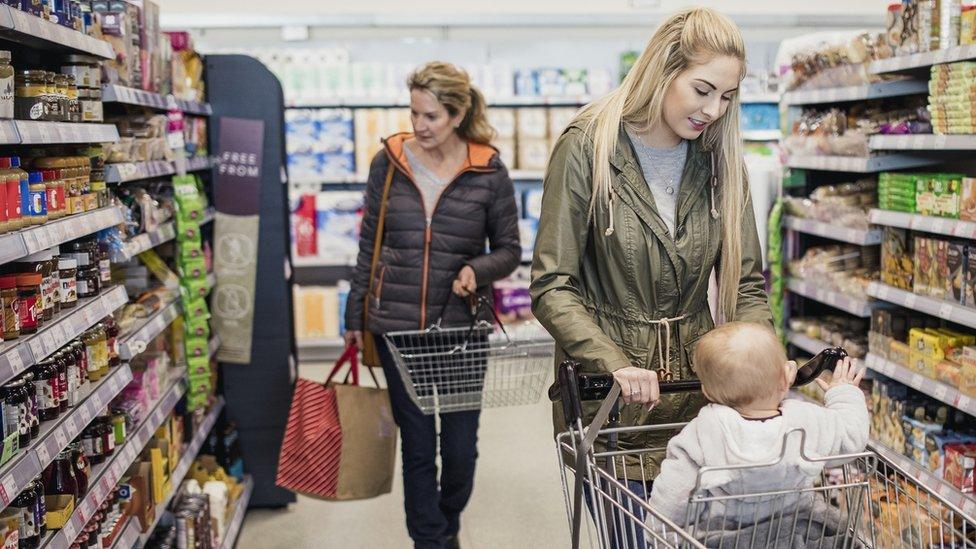Brexit: Gardening trade faces import rule change costs
- Published
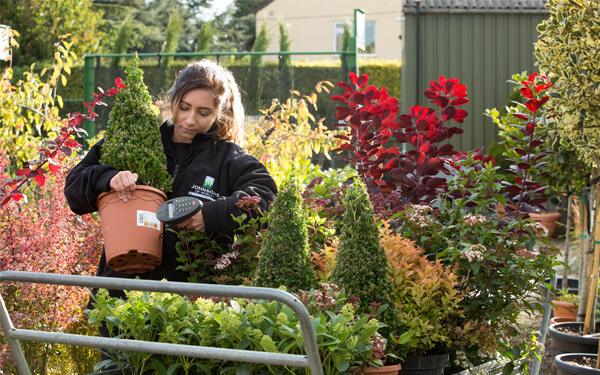
Plant importers are facing new import rules
Garden centres and nurseries have said they face delays and extra expense because of new checks required after the UK fully leaves the EU.
From 1 January UK importers are set to pay for checks to make sure plants coming from the EU are disease free.
The Department for the Environment, Food and Rural Affairs (Defra) has said only plants that present a particular risk will be inspected until July 2021.
Importers say they need more government guidance to prepare for the change.
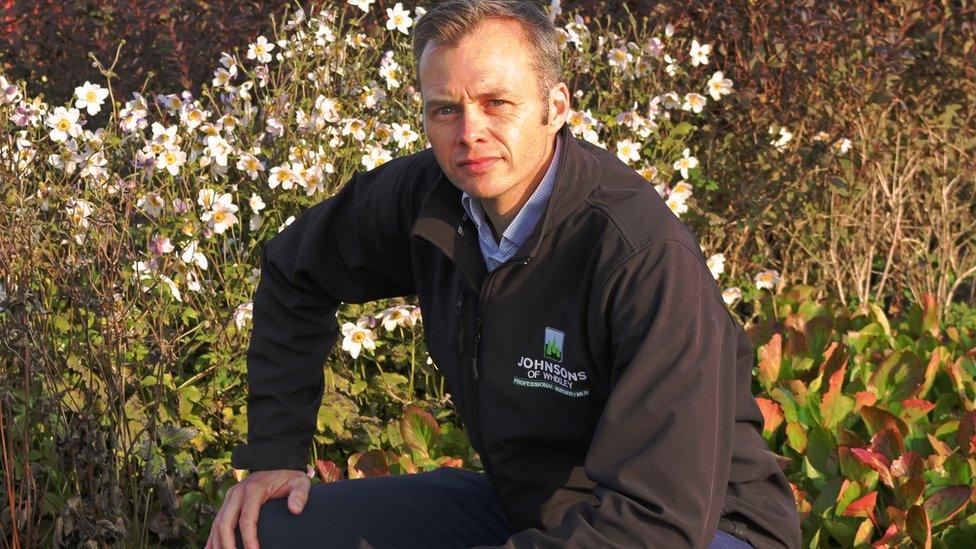
Jonathan Whittemore estimates the new rules will cost his company £550,000 a year
The Horticultural Trades Association said a recent survey of its members showed in a worst case scenario it was expecting costs to increase by between 15% and 20% because of the extra payments.
"The majority of our plants come from Holland and Belgium," said Jonathan Whittemore, head of production and procurement at Johnsons of Whixley, a commercial nursery with five sites near York and Harrogate.
He estimated the extra administration would cost the company, which turned over £14m last year, about £550,000 a year, with limited opportunities to pass that on to the customer.
"We're pricing up jobs for 2021 and if one of your top five customers says they don't want to pay any more than already agreed, we might end up doing the job for nothing," he said.
The importers will have to pay customs agents on both sides of the border, admin fees to the UK government, and for certificates to prove the plants were healthy.
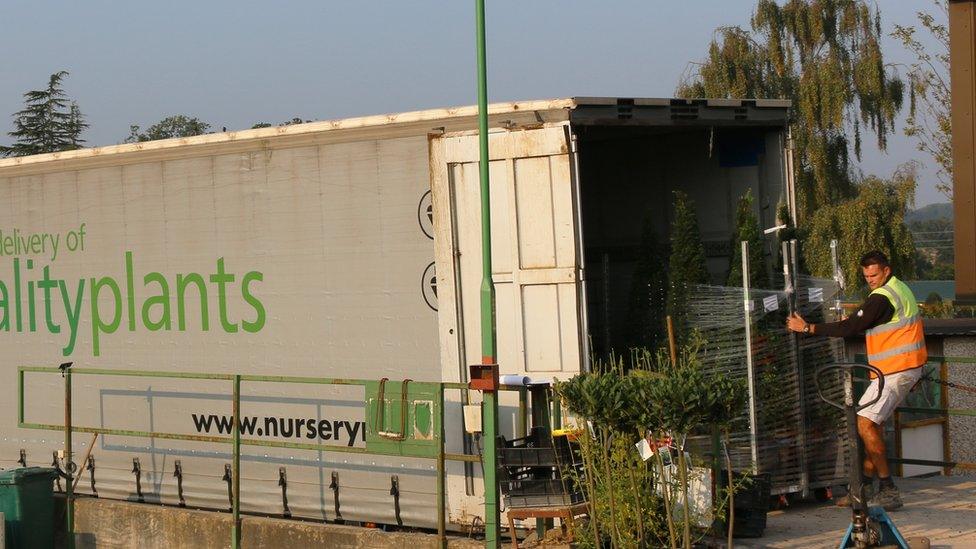
Johnsons alone imports 460 lorry loads of plants each year
"At £400 a load it's like paying a second delivery charge," said Matthew Skinner of Hope Plants in Chichester, West Sussex.
"I would have to pass it on to the customer because I don't have the purchasing power of a big company."
'We need clarity'
It has remained unclear where inspections would be carried out.
Defra said between January and July 2021 it would be at the plants' destinations and, after that, at border control posts, although the exact locations have not been published.
"We need clarity on how destination inspections will happen and what the situation will be for post-July inspections, said James Clark of the Horticultural Trades Association.
"Significant delays at the border will result in plants perishing, and a lack of supply for our garden industry."
But any lapse in the UK's security checks could be devastating, according to Dr Lisa Ward, an expert in biosecurity and plant health at the Royal Horticultural Society.
"The introduction of pests and diseases could affect food security, destroy habitat, even collapse industries," she said.
"In 2012 2,000 trees were felled in Kent to eradicate the Asian longhorn beetle, with the insects found in some of the felled trees."
The plant importers the BBC has spoken to felt there had not been enough work done to prepare for the impact leaving the European Union would have on the horticulture industry.
"I had a call from HMRC this week, to find out how they could assist businesses like ours," said Mr Whittemore.
"I told them we should have had this conversation 18 months ago."
A Defra spokesman said: "We continue to work closely with the horticultural industry to help them prepare for the end of the transition period.
"To aid in the transition, we have ensured there will be no checks on 'high priority plants' imported from the EU at border control posts until July 2021. Checks will instead happen at place of destination from January 2021.
"It is vital we maintain our high biosecurity standards and we will not compromise on these as we move forward."
- Published28 January 2021
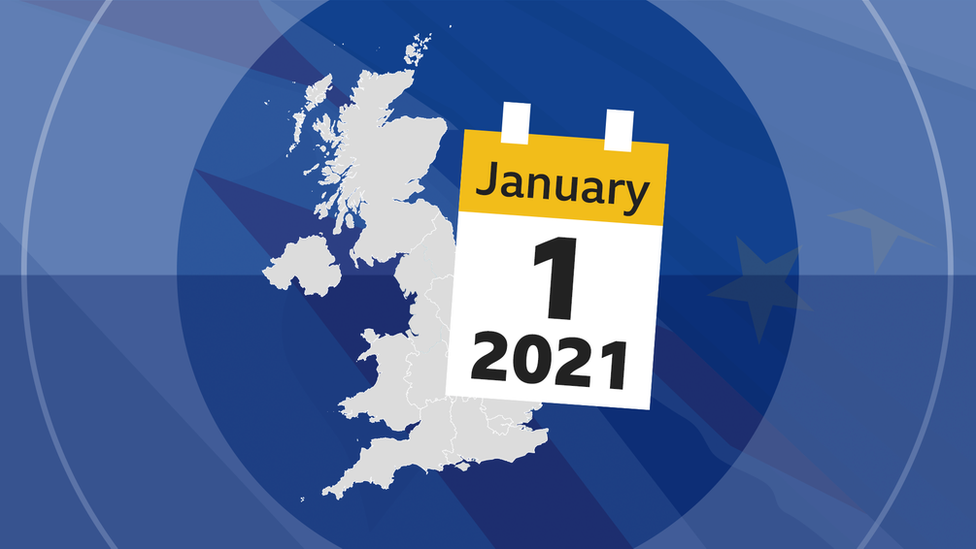
- Published13 May 2020
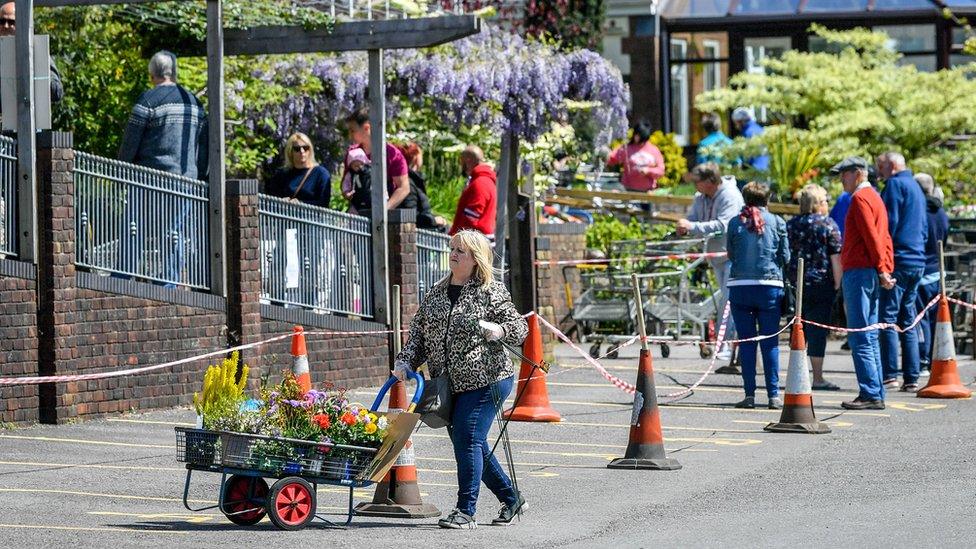
- Published31 March 2020
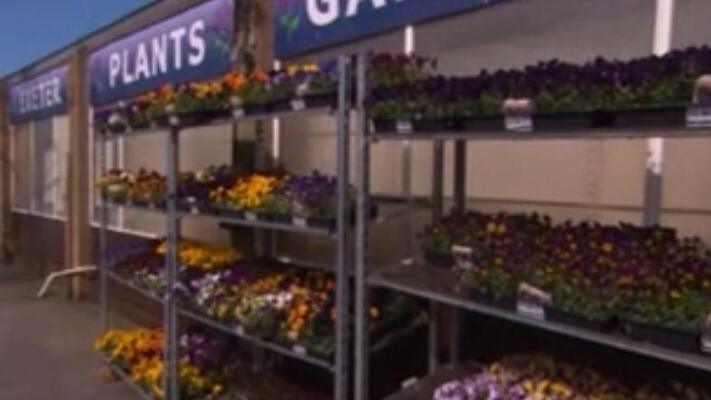
- Published25 September 2020
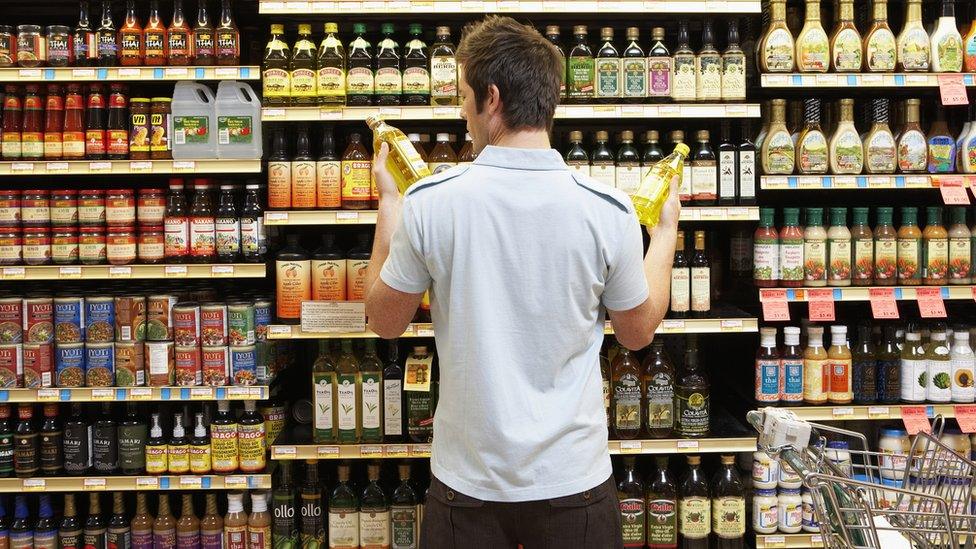
- Published1 March 2019
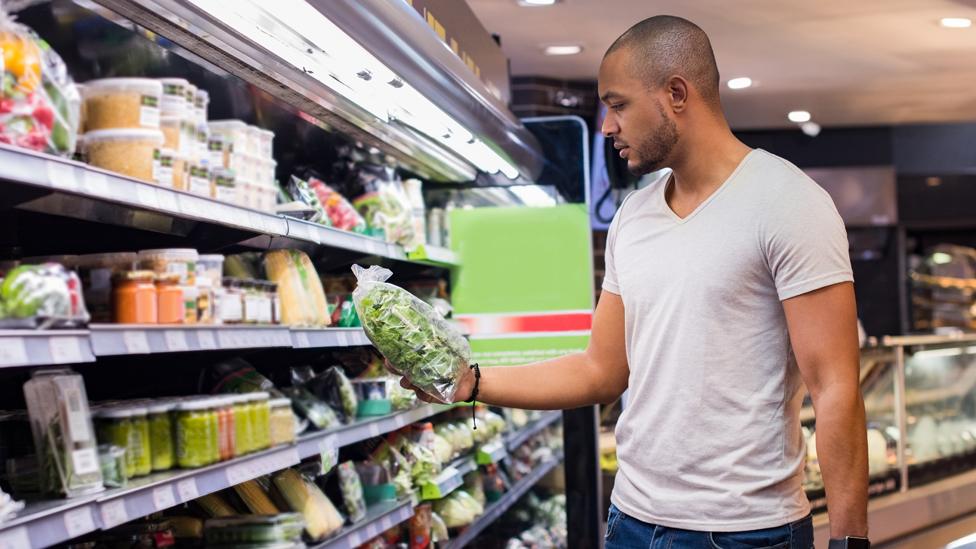
- Published18 January 2020
